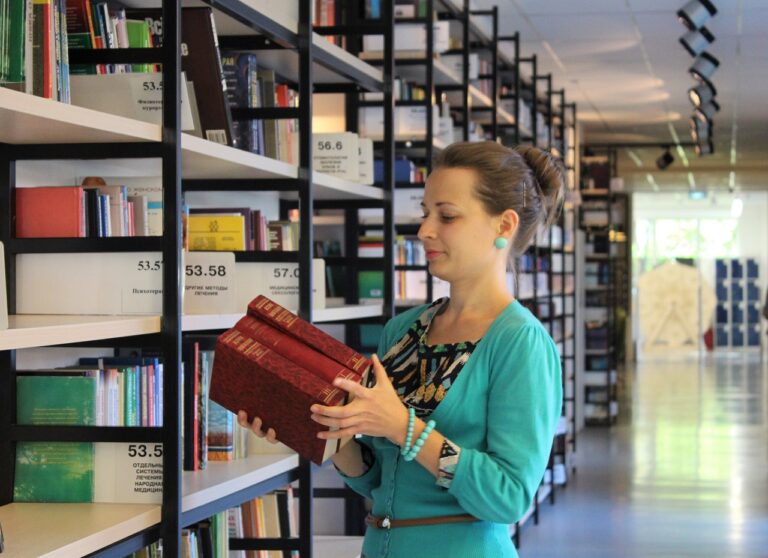The Role of Peer Tutoring in Special Education
sky247, gold365 login, gold 365 site sign up:The role of peer tutoring in special education is a crucial and effective tool in supporting the learning needs of students with disabilities. Peer tutoring involves pairing students with a peer who can provide academic support, guidance, and encouragement. This approach has been shown to improve academic outcomes, social skills, and self-esteem in students with special needs.
Peer tutoring is particularly beneficial in special education settings because it allows students to learn from their peers who may have a similar learning style or face similar challenges. This personalized approach can help students grasp difficult concepts, improve their study skills, and build confidence in their abilities.
One of the key benefits of peer tutoring is that it promotes a sense of inclusivity and belonging among students. By working closely with a peer who understands their unique needs, students with disabilities can feel supported and valued in the classroom. This can have a positive impact on their overall academic performance and emotional well-being.
Additionally, peer tutoring provides an opportunity for students to develop important social skills, such as communication, collaboration, and empathy. By working together on academic tasks, students can learn from each other, build friendships, and develop a sense of teamwork. These skills are essential for success in school and beyond.
Furthermore, peer tutoring can help reduce the stigma often associated with special education. By involving students without disabilities in the tutoring process, it demonstrates that everyone has something valuable to contribute. This promotes a culture of acceptance and understanding in the classroom, which can benefit all students.
Overall, peer tutoring plays a vital role in supporting the diverse needs of students with disabilities in special education. By providing academic, social, and emotional support, peer tutors can help students thrive and reach their full potential.
###Benefits of Peer Tutoring in Special Education
Peer tutoring offers a range of benefits for students with disabilities in special education. Some of the key advantages include:
1. Personalized support: Peer tutors can provide individualized assistance tailored to the specific needs of students with disabilities.
2. Improved academic outcomes: Peer tutoring has been shown to improve academic performance, comprehension, and retention of information.
3. Enhanced social skills: Working with a peer tutor can help students develop important social skills, such as communication, collaboration, and empathy.
4. Increased self-esteem: Peer tutoring can boost students’ confidence in their abilities and help them see themselves as capable learners.
5. Promotes inclusivity: Peer tutoring fosters a sense of belonging and acceptance among students with disabilities, reducing the stigma often associated with special education.
6. Builds friendships: Peer tutoring can facilitate the development of meaningful relationships and a sense of community among students.
###Implementing Peer Tutoring in Special Education
To effectively implement peer tutoring in special education, educators can follow these key steps:
1. Assess student needs: Identify students who could benefit from peer tutoring based on their individual learning goals and challenges.
2. Match peers: Pair students with peer tutors who have the skills, knowledge, and empathy to support their learning needs effectively.
3. Provide training: Offer training and guidance to peer tutors on how to provide academic support, communicate effectively, and build rapport with their peers.
4. Monitor progress: Track the progress of students receiving peer tutoring to ensure that they are making meaningful gains in their academic and social skills.
5. Celebrate successes: Recognize and celebrate the achievements of students involved in peer tutoring to motivate them and build confidence in their abilities.
###FAQs
1. What is the role of peer tutoring in special education?
Peer tutoring in special education involves pairing students with disabilities with peers who can provide academic, social, and emotional support to help them thrive in the classroom.
2. How does peer tutoring benefit students with disabilities?
Peer tutoring can improve academic outcomes, social skills, self-esteem, and inclusivity among students with disabilities in special education.
3. How can educators implement peer tutoring effectively?
Educators can implement peer tutoring by assessing student needs, matching peers appropriately, providing training, monitoring progress, and celebrating successes.
4. What are some key advantages of peer tutoring in special education?
Some key advantages of peer tutoring include personalized support, improved academic outcomes, enhanced social skills, increased self-esteem, inclusivity, and building friendships among students.
In conclusion, peer tutoring plays a vital role in supporting the diverse needs of students with disabilities in special education. By providing academic, social, and emotional support, peer tutors can help students thrive and reach their full potential. With the right guidance and training, peer tutoring can create a positive and inclusive learning environment where all students can succeed.







